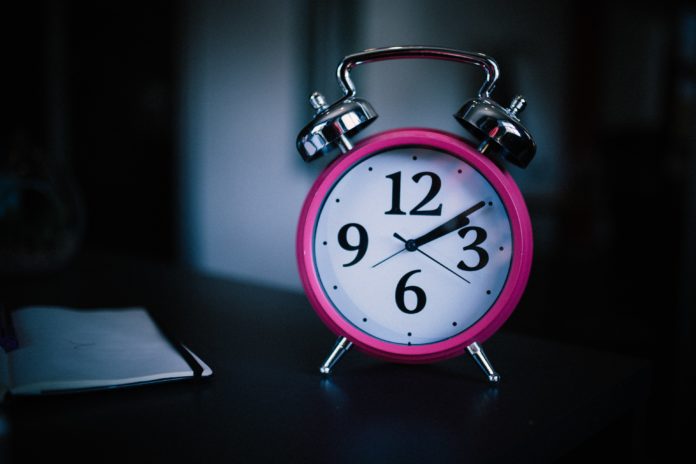Xavier Johnson regularly goes to sleep around 4 a.m. or 5 a.m. and wakes up around 1 p.m. – if he hears one of his many alarms.
“Sometimes 4 or 5 a.m. rolls around, my mind is not tired, so I choose to stay up and start the next day. I’ll then continue until about 4 or 5 a.m. again and try again,” said Johnson.
For late adolescents like Johnson, a survey recently released by the New Brunswick Health Council came as no surprise. The results showed that during the pandemic, mental health and sleep disorders declined for students between grades 6 and 12.
But the question of why young people struggle to sleep at night did not just appear with the pandemic.
While researchers found evidence that suggest increased screen time, lack of physical activity, sugar and caffeine consumption, and stress levels to be contributing factors, for those who struggle with attention deficit hyperactivity disorder (ADHD), these answers have never felt like enough.
“My circadian rhythm does not function properly and like the rest of society,” said Johnson, who has dealt with ADHD-related sleep problems since the beginning of the pandemic.
The film student from the University of New Brunswick doesn’t dismiss that part of the problem could be his own doing.
“I am trying to build a consistent routine that is based on going to bed and waking up around the same time every day no matter what, as well as dietary modifications like no caffeine or sugar in the evening,” said Johnson.
Johnson said a reduction in screen time could be beneficial, but with his passion for film and photography and the digitization of school in the modern age, it’s impractical.
Sleep is not only a problem for those in school, said Adam Cross, a former student at St. Thomas University, who now works full-time at the Snooty Fox in downtown Fredericton.
“I often have trouble falling asleep for hours, and when I do fall asleep it’s usually fairly restless,” said Cross, adding that his typical sleep schedule is about 3 a.m. to 11 a.m.
Cross said it became even worse at the height of the pandemic, noting that he’s struggled with what he believes to be ADHD-induced insomnia his entire life.
“During lockdown I would often be awake until the sun was up,” he said.
“I’ve tried so many different tricks to fix my sleeping habits, and none of them have had any demonstrable success. It seems like these strategies work for most people, but for me they’ve done nothing.”
Cross relies on marijuana to help him fall asleep.
“Without it, I’m usually awake until at least 5 a.m.,” he said.
“I’ve had trouble falling asleep for my entire life, so I think that the way my brain works is at least partially to blame for my sleeping habits.”
Both Cross and Johnson recognize that the ADHD brain requires structure to function, and as creatures of habit, structureless cycles are incredibly tough to break.
“I had nothing to wake up for, so my schedule was free to change however I allowed it. And it never recovered,” said Johnson.
This article was published in partnership with the Local Reporting, Global Media class at St. Thomas University and The Aquinian, St. Thomas University’s official student publication.

